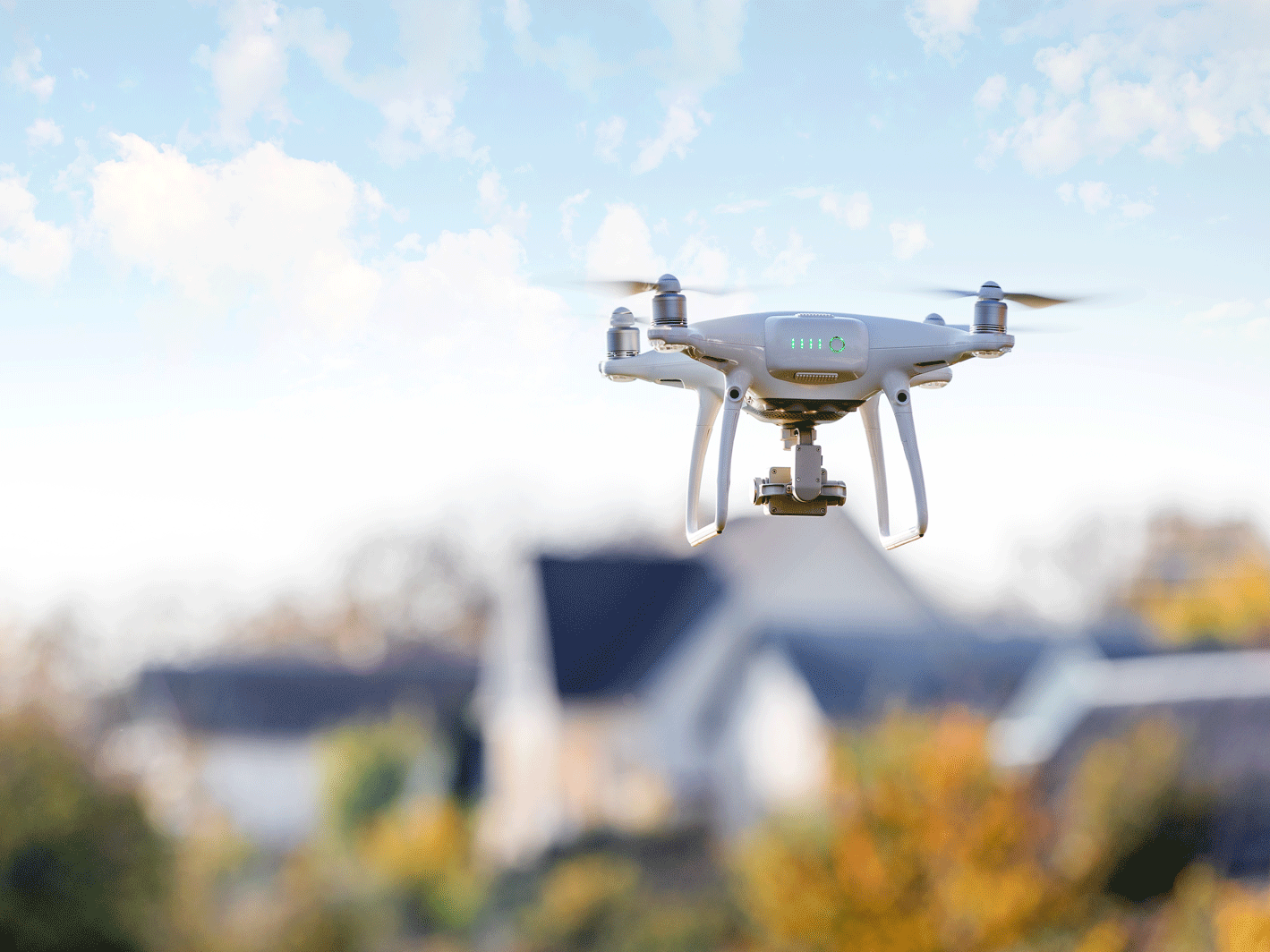09 April 2024
4 min read
Published by:

With the drone industry rapidly growing in Australia, and the use of drones diversifying, many Councils are using drones for investigative and compliance purposes whilst exercising their statutory power of entry. Although drones are more efficient than traditional methods of information collection, Councils should familiarise themselves with the possible legal challenges of drone usage for compliance purposes.
Councils are required to comply with civil aviation and safety regulations. Drones must be kept within a visual line of sight and not fly higher than 120 metres or 400 feet above ground level. Council staff may also operate drones without a licence as long as the drone weighs less than 2kg. Commercial drone companies with remote pilot licences are a good alternative option for Councils as they can operate drones in wider circumstances. Councils should also ensure that they are aware of the potential legal consequences for drone malfunctions, including strict liability for injury caused by aircraft.
Councils seeking to use drones must be aware of privacy and surveillance laws. Under the Privacy Act 1988 (Cth), Councils are permitted to collect and use personal information without consent if it is impracticable to obtain consent or the Council needs information to address any suspected unlawful activity occurring on the site.
Under Victorian privacy laws, Councils are permitted to collect personal information if it is necessary for its functions or activities. However, a Council must only collect personal information by lawful and fair means and not in an unreasonably intrusive way. Councils must also take steps to protect the information from misuse, loss and unauthorised access in order to ensure that it is not liable for breach of confidence. Any individual whose personal information has been collected must be given reasonable access to the information.
Lastly, Councils should consider whether their own privacy policies cover personal information that may be inadvertently collected by drone usage.
It is unsettled as to whether a Council will be liable for trespass and nuisance when using drones to survey potentially non-compliant properties, despite Councils having a statutory power of entry. This question was considered in the recent New South Wales decision of Water NSW v Kiangatha Holdings Pty Limited; Water NSW v Laurence Natale [2022] NSWLEC 6.
Kiangatha Holdings Pty Ltd and its director, Mr Natale, were prosecuted by Water NSW for polluting waters on their private property. Water NSW took aerial drone photographs of the defendants’ private property for investigative purposes during a stay in the proceedings. The defendants argued that this act amounted to an act of trespass and contempt of court.
However, Water NSW had a broad statutory power to enter their private property at any time without notice and without consent, as long as pollution was suspected. The judgment found that the proper construction of the power of entry was so broad as to override common law property rights.
The judgment also considered whether gathering information by drone gave the prosecutors an advantage that is beyond the ordinary rules of legal procedure. The Court constructed a three-part test:
The Court found that whilst Water NSW did gain an advantage, it did not amount to contempt of Court because:
As such, Councils should be aware of the timing of drone activities when engaged in legal proceedings as well as the limits of their statutory powers of entry.
If you have any questions about the article, please get in touch with a member of our team below.
Disclaimer
The information in this article is of a general nature and is not intended to address the circumstances of any particular individual or entity. Although we endeavour to provide accurate and timely information, we do not guarantee that the information in this article is accurate at the date it is received or that it will continue to be accurate in the future.
Published by: